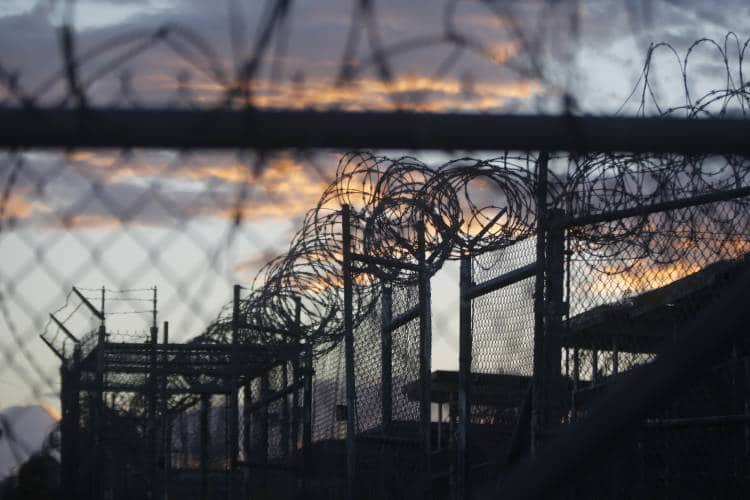Human Lives Human Rights: As 2021 comes to end, Rights groups claim that wealthy states and pharma companies have catastrophically failed to ensure equal access to vaccines, leaving billions of people without life-saving medicines.
Wealthy states and pharmaceutical companies have continued to ignore the pleas, despite repeated calls from World Health Organization to ensure at least 40% of people in low and lower-middle-income countries are vaccinated by the end of 2021.
While the world has produced some 11 billion vaccines doses – only seven percent of people in low-income countries have received a single dose.
Why is it that poorer countries are being denied access to life-saving medicine while rich countries sit on piles of unused stock? ask Rights organizations.
Failing to vaccinate everyone – no matter where they are from – leaves the entire global population vulnerable to new variants. The only way to break this vicious cycle is by ensuring everyone has access to vaccines.
This year yet again world leaders failed to honour their promises about sharing vaccines. In June, the G7 summit pledged to share 1 billion doses by the end of 2021, while as the reports suggest this target is yet to be met.
In September, US President Joe Biden and EU Commission President Ursula von der Leyen committed to donating an extra 900 million doses to low and lower-middle income countries by September 2022. While this is a welcome move, poorer countries are in need of vaccines right now.
Meanwhile, the pharmaceutical companies have also failed to rise to the challenge. US pharma giant Pfizer has made misleading statements that its “vaccine would be available to every patient, country and community that seeks access”, while it has in fact delivered the large majority of its vaccines to high and upper-middle-income countries.
Pfizer’s rival, Moderna, was only able to develop its vaccine with the support of US government scientists and huge amounts of financial aid, but has also prioritized sales to wealthy countries. Both companies are still delivering less than 1% of their stock to low-income countries
Moderna and Pfizer, along with other vaccine manufacturers, AstraZeneca, and Johnson & Johnson, have also, critically, refused to support measures that would temporarily lift intellectual property protections and share vaccine technology with other manufacturers around the world, in order to allow for a ramping up of global production.
All businesses have a responsibility to respect human rights. Above all, this responsibility means that companies should “do no harm”. If they discover that they are the cause of human rights abuses, then they must immediately stop their harmful actions and provide remedy.
This is a widely recognized standard of expected conduct as set out in the UN Guiding Principles on Business and Human Rights and the OECD Guidelines for Multinational Enterprises.
However, through their decisions, the vaccine makers have ended up causing or contributing to human rights harms suffered by billions of people lacking access to the Covid-19 vaccine.












